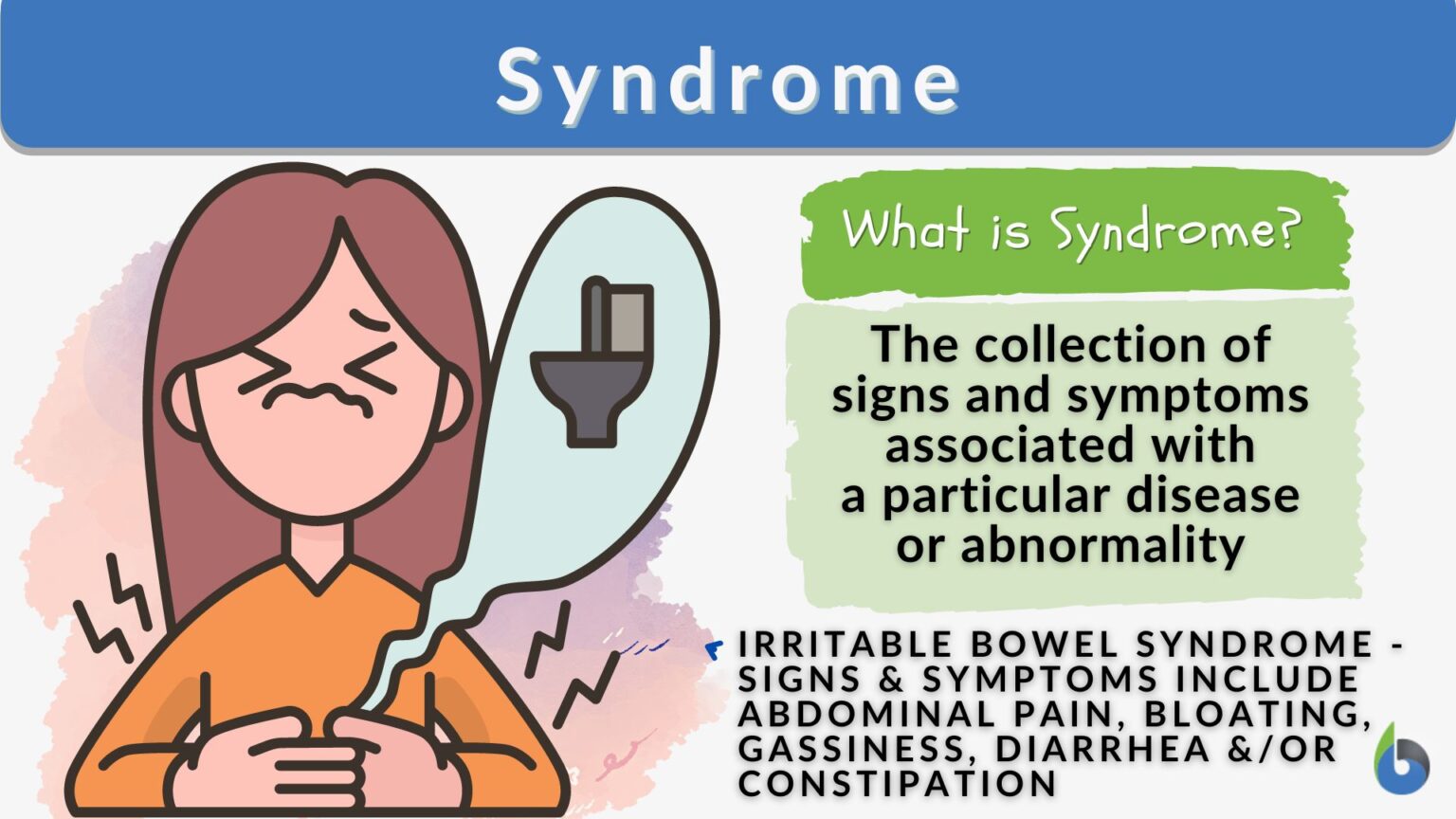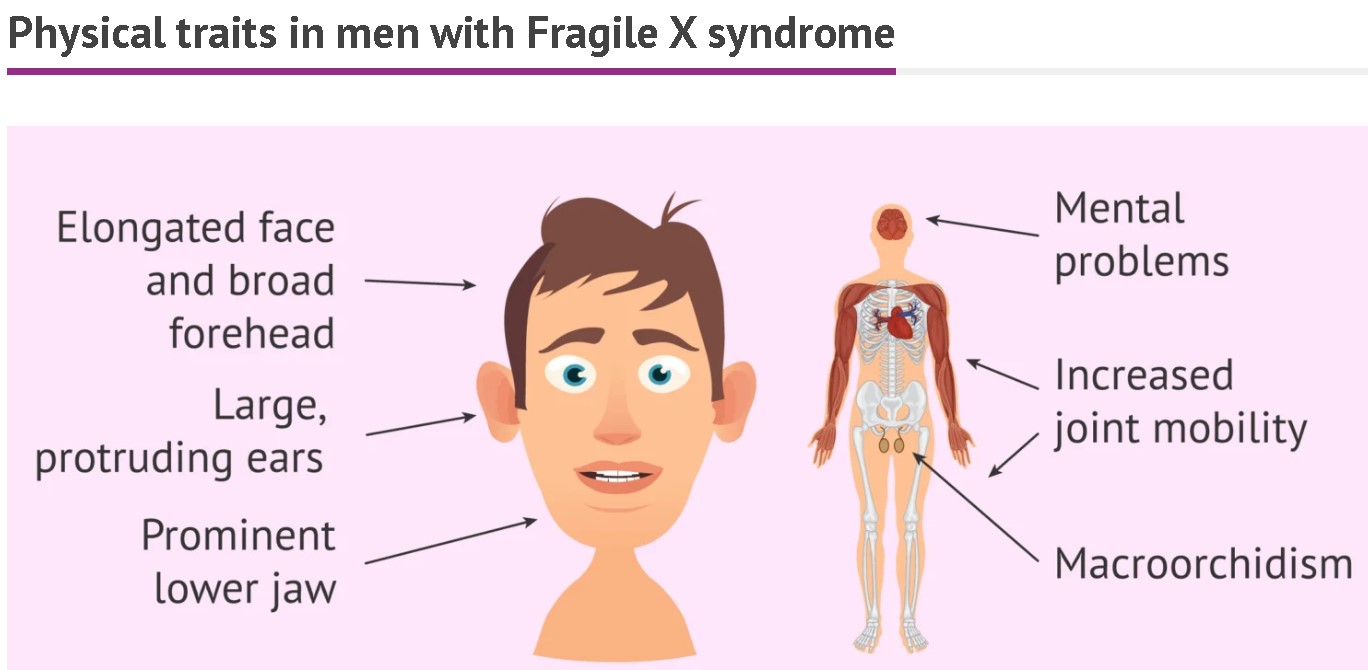What Syndrome Does Bethenny Frankel Have? Unpacking Her Health Journey
Bethenny Frankel, a very familiar face from television and business, has been quite open about a health issue that has touched many people. She shared with her followers on social media about a condition she lives with, which is quite serious, and it's something a lot of folks want to know more about. It seems, you know, when someone famous talks about their personal struggles, it helps others feel less alone. Her candor, it's almost, has brought a lot of attention to a condition that often goes unnoticed.
This openness about her well-being, especially with something as personal as a chronic health condition, really shows a different side of the entrepreneur. She has, in a way, been very real about what she goes through day to day. It is that kind of honest sharing that helps build a bridge between public figures and the people who follow them.
So, many people are asking: What syndrome does Bethenny Frankel have? She has spoken extensively about her battle with Postural Orthostatic Tachycardia Syndrome, often called POTS. This is a condition that has, apparently, affected her for quite some time, and she's been very frank about its impact on her life and her worries about the future.
Table of Contents
- Who is Bethenny Frankel?
- Understanding Bethenny Frankel's Health Journey
- Living with POTS: Symptoms and Management
- Why Bethenny's Story Matters
- Frequently Asked Questions About POTS
Who is Bethenny Frankel?
Bethenny Frankel is a well-known personality, perhaps best recognized for her time on "The Real Housewives of New York City." She is, you know, also a successful entrepreneur, building a brand from scratch. She has a reputation for being direct and honest, which, in a way, makes her recent health revelations even more impactful. She is a mother and a businesswoman, balancing many roles, and her public life has given her a platform to discuss important topics, including her health struggles.
Personal Details and Bio Data
| Detail | Information |
|---|---|
| Name | Bethenny Frankel |
| Known For | "The Real Housewives of New York City" alum, entrepreneur, author, mother |
| Health Condition Revealed | Postural Orthostatic Tachycardia Syndrome (POTS) |
| Current Status | Actively sharing her health journey and experiences with POTS |
Understanding Bethenny Frankel's Health Journey
Bethenny Frankel has been quite open, actually, about her health journey, sharing details with her Instagram followers. She has, you know, talked about her struggles with a condition that has affected her for a significant portion of her life. Her willingness to discuss these very personal challenges has helped shine a light on an illness that many people might not know about. She wants to keep it real, and that includes talking about the hard stuff.
The Diagnosis: Postural Orthostatic Tachycardia Syndrome (POTS)
The syndrome Bethenny Frankel has been diagnosed with is Postural Orthostatic Tachycardia Syndrome, or POTS. She first detailed this diagnosis some months ago, and her doctor has, in fact, confirmed this condition. It is a diagnosis that, for her, has brought some clarity to symptoms she has experienced. She has been very candid about how this condition has shaped her life, and how it makes her feel about what's ahead.
What Exactly is POTS?
POTS is an autoimmune condition, which is a type of illness where the body's immune system mistakenly attacks its own healthy cells. In the case of POTS, the nerves that help regulate blood flow, they are, apparently, out of balance. This means that, when someone with POTS stands up, enough blood just doesn't go to the right place at the right time. The result is, you know, a variety of symptoms. It is a condition where an excessively reduced volume of blood returns to the heart after a person changes position, especially after standing. This can lead to all sorts of issues because the body isn't getting the blood flow it needs where it needs it.
Bethenny's Personal Experience with POTS
Bethenny has spoken out about how she has been struggling with POTS. She shared an Instagram video, you know, describing her health struggles, including her battles with this syndrome. She took to social media to open up about her "very intense" struggles, which, honestly, must have been quite difficult to do. She has also mentioned that her doctor attributed some of her experiences, like dehydration, to POTS. This condition has, in some respects, made her afraid for her future, which is a very real feeling for anyone dealing with a chronic illness. She has, apparently, battled this syndrome for much of her life, indicating a long-standing challenge.
The Link to Long COVID
Interestingly, Bethenny Frankel's doctor confirmed that her POTS condition has, apparently, worsened since she had COVID. Previously, she had been diagnosed with Long COVID, and this connection between Long COVID and the exacerbation of her POTS is something she has highlighted. It suggests that, for some people, a viral illness can, you know, make an existing autoimmune condition more challenging to manage. This link is, arguably, an important part of her story, as it points to potential triggers for the worsening of POTS symptoms.
Living with POTS: Symptoms and Management
Living with POTS can be quite challenging, as the condition causes varying symptoms. The body's system for regulating blood flow is, you know, not working as it should, and this can lead to a range of feelings and physical issues. It is a condition that, in a way, demands constant awareness and adjustment from those who have it. Bethenny's openness helps people understand the day-to-day reality.
Common Symptoms of POTS
As mentioned, POTS can cause a variety of symptoms because the nerves that regulate blood flow are out of balance. One symptom Bethenny specifically mentioned was dehydration, which her doctor attributed to her POTS. The core issue is that enough blood doesn't go to the right place at the right time, especially when changing positions. This can lead to, you know, a feeling of lightheadedness or dizziness, and other issues that stem from reduced blood flow to certain parts of the body. It's that kind of imbalance that creates problems throughout the system.
How POTS Affects Daily Life
For someone like Bethenny, who has a very active public and business life, dealing with POTS means facing unexpected challenges. The varying symptoms can make even simple tasks, you know, quite difficult. Imagine trying to conduct business meetings or manage a household when your body's blood flow system is acting up. It can be quite disruptive, affecting energy levels and overall well-being. She has, you know, shared her "very intense" struggles, which points to how much this condition can impact daily routines and plans. It is, basically, a constant presence.
Managing the Condition
While Bethenny has not detailed her specific management strategies, understanding POTS generally involves working closely with medical professionals. The goal is to help the body better regulate blood flow and manage symptoms. This often includes, you know, lifestyle adjustments and sometimes medications. The sooner treatment is started, the better the chance of a person feeling some relief. It's a condition that, in some respects, requires ongoing care and a personalized approach, since symptoms can vary quite a bit from person to person. For more general information about various health conditions, you can explore comprehensive guides.
Why Bethenny's Story Matters
Bethenny Frankel's decision to share her journey with POTS is, actually, quite significant. When a public figure talks about a chronic illness, it brings much-needed awareness to the condition. It helps, you know, people who might be experiencing similar symptoms feel validated and less alone. Her honesty can encourage others to seek a diagnosis or to speak more openly about their own health challenges. It is, really, a powerful way to use one's platform for good, shedding light on health issues that affect many people but are often misunderstood or hidden. Her story, in a way, opens up conversations that are very important.
Frequently Asked Questions About POTS
Here are some common questions people often ask about Postural Orthostatic Tachycardia Syndrome, given Bethenny Frankel's openness about her experience.
What are the symptoms of POTS?
POTS can cause a range of symptoms, as we've learned from Bethenny's experience. The core issue is that the nerves regulating blood flow are out of balance, meaning not enough blood goes to the right places at the right time, especially when standing. This can lead to an excessively reduced volume of blood returning to the heart. Bethenny, for example, mentioned severe dehydration attributed to her POTS. Other effects could be, you know, a general feeling of being unwell, or a sense of lightheadedness when changing positions. It's a condition that, basically, makes the body struggle with gravity's effects on blood flow.
Is POTS a serious condition?
POTS is, in fact, an autoimmune condition, which means the body's own immune system is involved. While it is not typically life-threatening, it can be quite serious in terms of how it affects a person's daily life and quality of living. Bethenny has described her struggles as "very intense" and has expressed fear for her future with the condition, which shows how much it can impact someone. It's a condition that, you know, can be very debilitating for some individuals, making it hard to do normal activities. The degree of seriousness can vary greatly from person to person, but it is, definitely, a condition that requires attention and care.
How is POTS treated?
Treatment for POTS focuses on managing the symptoms and helping the body better regulate blood flow. While Bethenny hasn't gone into great detail about her specific treatment plan, general approaches often involve, you know, lifestyle adjustments, like increasing fluid intake to combat issues like dehydration. Doctors work to find ways to improve the balance of blood flow. The text mentions that the sooner treatment is started, the better the chance of a good outcome. It is, basically, about finding strategies to support the body's circulatory system and alleviate the various symptoms that arise from the imbalanced blood flow. For more details on health conditions and their management, you can learn more about health topics on our site, and link to this page Understanding Chronic Illness.

Syndrome Definition and Examples - Biology Online Dictionary

Syndrome Definition and Examples - Biology Online Dictionary

Pfeiffer Syndrome: What Is It, Causes, Signs and Symptoms, and More